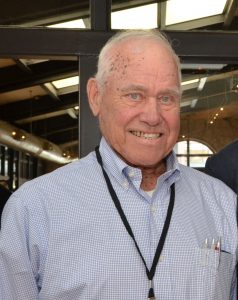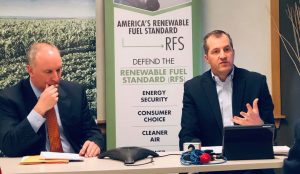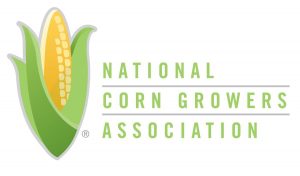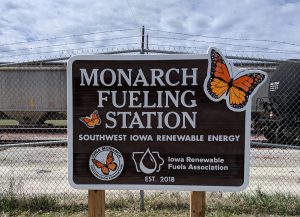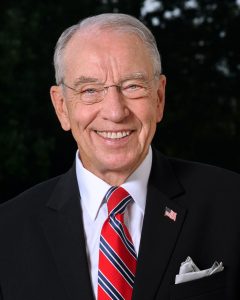 Sen. Joni Ernst (R-IA) joined Tariffs Hurt the Heartland, the Association of Equipment Manufacturers (AEM) and Kinze Manufacturing, for a town hall meeting in Williamsburg, IA Wednesday. The meeting was attended by Iowa equipment manufacturers, farmers, small business owners, and others impacted by tariffs.
Sen. Joni Ernst (R-IA) joined Tariffs Hurt the Heartland, the Association of Equipment Manufacturers (AEM) and Kinze Manufacturing, for a town hall meeting in Williamsburg, IA Wednesday. The meeting was attended by Iowa equipment manufacturers, farmers, small business owners, and others impacted by tariffs.
The conversation included the impact of steel and aluminum tariffs on Iowa businesses and the state’s economy, as well as the impact of tariffs on China and retaliatory tariffs that have been levied on almost all U.S. agricultural food exports. “The best thing that we can do right now is simply just make sure that we’re getting these trade deals done, make sure those tariffs are coming off, that is the best way to keep our farmers in business,” said Sen. Ernst.
Listen to the Senator’s comments at the event here:
Iowa Sen. Joni Ernst at AEM town hall



